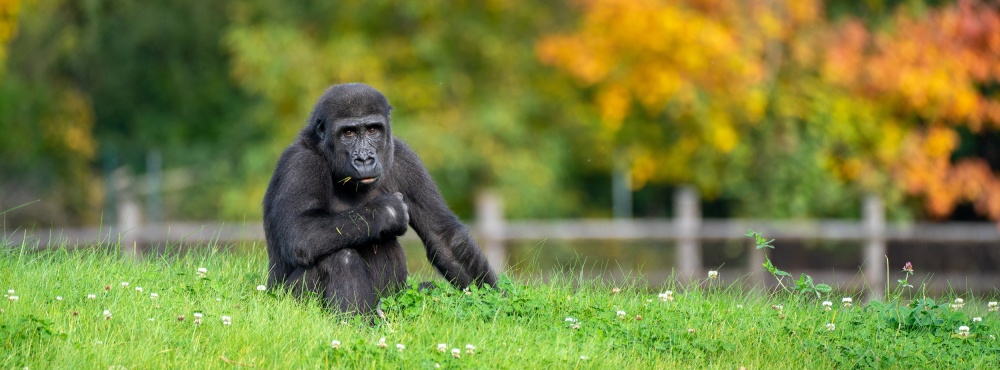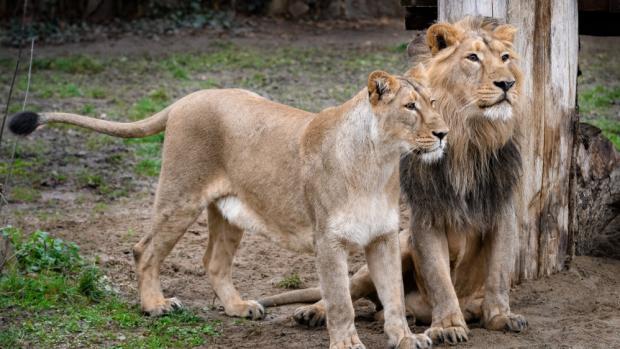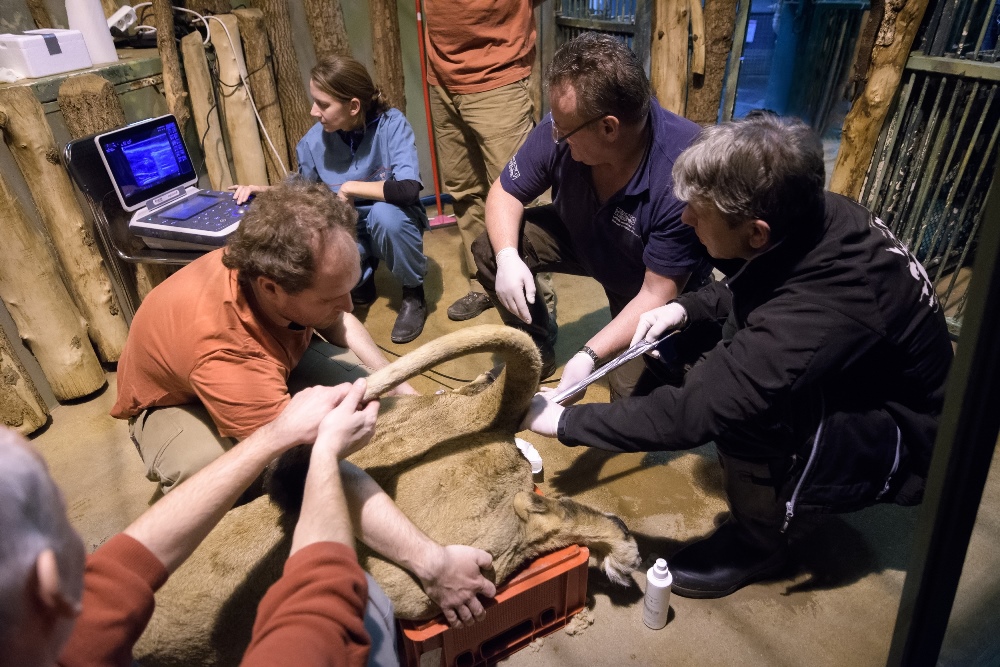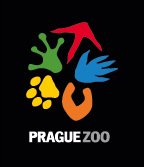Further hope for Asiatic lions – Ginni the lioness artificially inseminated at Prague Zoo

On Wednesday evening, Ginni, an Asiatic lioness originally from the Indian state of Gujarat, underwent artificial insemination. This was carried out in Prague Zoo by a team led by Professor Thomas Hildebrandt, from Berlin’s Leibniz Institute, in cooperation with Prague Zoo’s veterinarians. The sperm used for the procedure was from the male Jamvan.
 Jamvan and Ginni - purebred Asiatic Lions in their enclosure in Prague Zoo. Together with another female, Suchi, they came to Prague from the Indian state of Gujarat in the autumn of 2015. After a hiatus of two decades, they were the first lions of this subspecies to have been brought directly from their homeland to Europe. Photo: Petr Hamerník, Prague Zoo
Jamvan and Ginni - purebred Asiatic Lions in their enclosure in Prague Zoo. Together with another female, Suchi, they came to Prague from the Indian state of Gujarat in the autumn of 2015. After a hiatus of two decades, they were the first lions of this subspecies to have been brought directly from their homeland to Europe. Photo: Petr Hamerník, Prague Zoo
“At the moment there is no other way for these rare lions to reproduce. It has been shown that the other female, Suchi, is infertile and, given the situation, the only chance for Ginni to have offspring is artificial insemination. This means the “Prague lions” hold great potential for both the European breeding programme for this endangered species and the preservation of the Asiatic Lion on a global scale,” explains Miroslav Bobek, the director of Prague Zoo.
On Tuesday, prior to the artificial insemination, Ginni mated with a male, Sohan, borrowed from Ostrava Zoo. Lionesses have induced ovulation, which means that the mechanical stimulation from contact with a male naturally brings on ovulation. “During the afternoon we recorded 26 attempts at mating, so we hope that there was sufficient stimulation,” said Pavel Brandl, the curator for Carnivora.
The actual procedure began on Wednesday at 10 pm by taking some sperm from Jamvan, a native of Gujarat, and culminated at half past midnight with the artificial insemination of Ginni. “Everything went really well, primarily because we were a well-matched team. Timing, based on the keepers’ observations, was perfect, the local veterinarians did a great job of putting the animals to sleep and keeping them stable, taking the sperm from the male was successful and the same goes for the insemination itself. Modern technologies, such as artificial insemination, are very important for species that are so rare only a few individuals remain on our planet. We hope that this will be a success - based on experience with other species, I’d estimate the probability of success at 60-70 %,” said Thomas Hildebrandt, head of the Reproduction Management Department at the Leibniz Institute for Zoo and Wildlife Research in Berlin.
Now the breeders will keep a careful eye on Ginni and take samples of her droppings. “We will test the droppings for the presence of steroid hormones. We should observe the first signs of change in the female after 60 days, but given the fact that it could also be a false pregnancy, we really have to wait until the final stage, which takes place after 110 days,” adds Roman Vodička, the main veterinarian at Prague Zoo.
Nowadays the Asiatic lion only lives in the Gir National Park and its environs in Gujarat, India. Its population numbers about 600 individuals. The European population has 143 individuals, which, moreover, come from just 11 imported lions; so there is a real need for new blood. In 2015, with the help of Czech diplomacy, Prague zoo obtained three specimens from India - the male Jamvan and two lionesses - Suchi and Ginni. However, they were unable to reproduce naturally, so the submissive Jamvan was temporarily replaced by Sohan, a tried and tested male from Ostrava Zoo. However, he also did not fulfil his role, and so artificial insemination came in with Sohan proving his worth as a natural stimulator of ovulation.

ZOOPRAHA.CZ
Contacts
- The Prague zoological garden
U Trojskeho zamku 120/3
171 00 Praha 7
Phone.: (+420) 296 112 230 (public relations department)
e-mail: zoopraha@zoopraha.cz
Others








